Surrogacy for LGBTQ couples is ‘just a matter of time’ in Ukraine
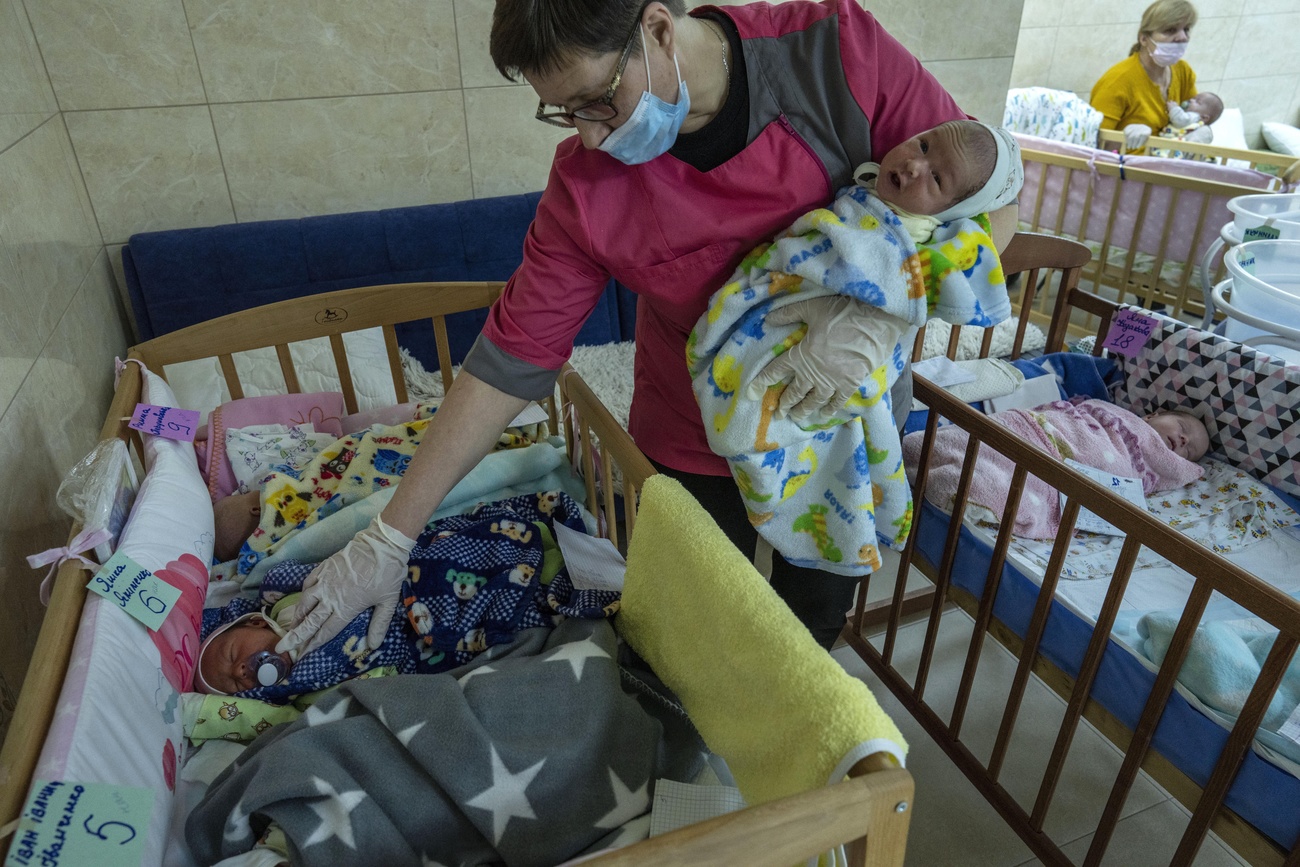
While Ukraine is one of the most popular destinations for foreign couples to access surrogacy, a Zurich-based Ukrainian law expert says that its current legislation has many loopholes. The government is currently discussing a law that would fill the gaps.
Ukraine is one of the few countries that allows commercial surrogacy for foreign married and heterosexual couples. It is estimated that about 2,000 babies are born by surrogacy in the country every year. Couples are attracted by Ukraine’s high standard of medical care, its location close to Western Europe, and the reasonable cost of surrogacy.
The country is currently studying several amendments to its legislation on reproductive rights. If they make it into law, this would be a milestone and potentially lead the way to surrogacy for LGBTQ couples, says Kateryna Moskalenko, a visiting scholar to the University of Zurich and a legal specialist on surrogacy.
Kateryna Moskalenko is an associate professor at the civil law department of Education and Scientific Institute of Law of Taras Shevchenko National University of Kyiv and a lawyer specialising in surrogacy. As a part of the SNSF (Swiss National Science Foundation), Scholars at Risk ProgramExternal link, she is a visiting scholar at the University of Zurich and takes part in the University Research Priority Program (URPP) Human Reproduction Reloaded | H2RExternal link.
She delivered a lecture on an overview of legal regulation on surrogacy in Ukraine at the University of Zurich in May 2022.
SWI swissinfo.ch: Why did the Ukrainian parliament decide to amend the law on surrogacy?
Kateryna Moskalenko: Surrogacy is regulated by several laws, including the Family Code of Ukraine and the Civil Code of Ukraine, but there is no special law for assisted reproductive technology (ART).
There are three drafts on the table. One was submitted by the cabinet of ministers [the Ukraine government] at the end of 2021, and the others by the members of the Ukrainian parliament the following month as an alternative. The purpose is to make a special law for ART.
SWI: In your lecture at the University of Zurich in May, you mentioned loopholes in the current legislation. Could you tell me more about this?
K.M: The current surrogacy law does not take into account the medical and social conditions of the intended parents, as is the case for adoptions. To adopt, the future parents must fulfil several criteria that ensure the best interests of the child. This is not always the case for surrogacy.
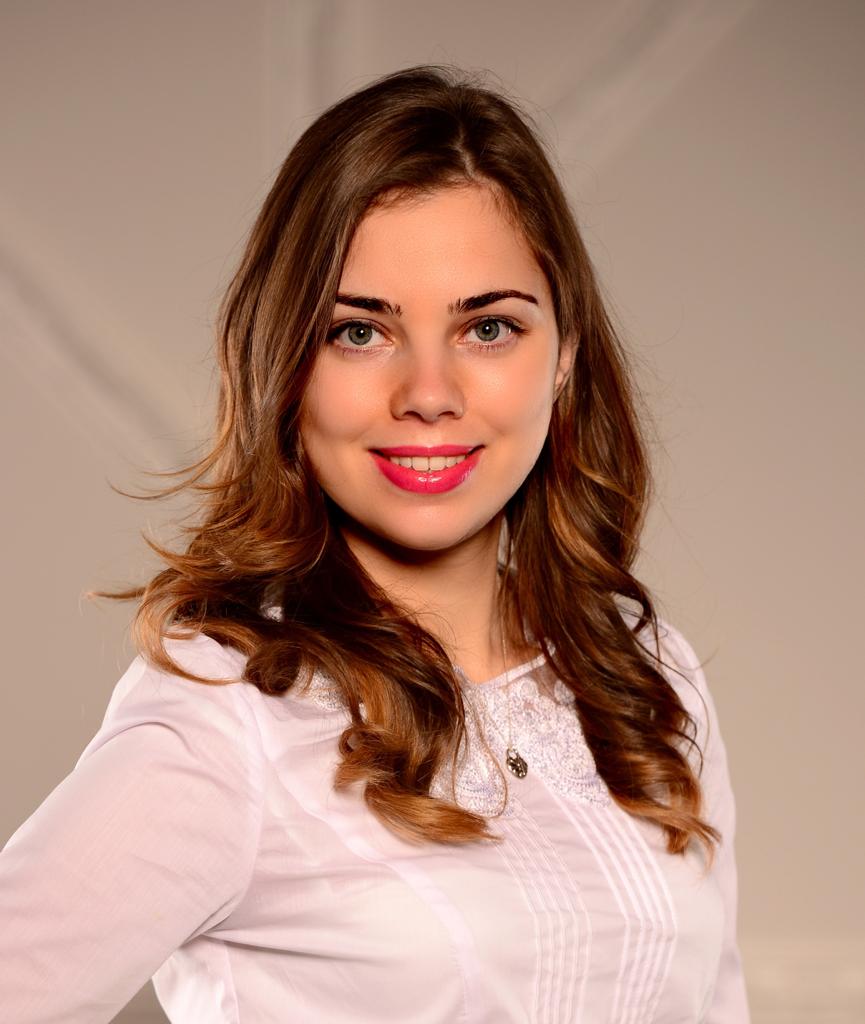
SWI: You also pointed out the lack of regulations on the content of the contracts between the intended parents and the surrogate mother, and that there are no notarisation requirements.
K.M: A copy of the contract should be kept somewhere, preferably with a notary. Notarised documents in Ukraine can be archived for many years; this will guarantee that there’s always a place of reference if a potential court dispute arises.
Currently, it is a problem that there are no requirements for what should be included in surrogacy contracts; only general provisions are required. The law does not give any guidance on for instance, who is responsible for medical expenses and what happens if there is an abnormality in the foetus.
SWI: Same-sex couples in Switzerland must travel to other countries such as the United States for surrogacy, as a civil partnership between them is not recognised in Ukraine. Could this change in the future?
K.M: There was a citizen petition submitted to Ukrainian President Volodymyr Zelensky which calls for legal recognition of the civil-registered partnership of same-sex couples.
The president replied on the August 2: he asked the government to analyse the petition and to inform him about their findings.
Ukraine is also a member of the Convention for the Protection of Human Rights and Fundamental Freedoms [better known as the European Convention on Human Rights]. As such, we should follow the recommendations of the European Court of Human Rights. So, I think that it’s just a matter of time before the lawmakers consider access to ART technologies and surrogacy for LGBTQI couples.
SWI: How well do the current regulations protect the baby’s rights? What happens if a baby is born with disabilities?
K.M: Normally, intended parents will go home with the baby. But there is one provision in the Family Code of Ukraine: if the child has disabilities, the couple can leave the child in the hospital. This is not only the case for surrogacy, but for all cases.
Two of the drafts have prescribed that the couple should take the child home even if the child is born with disabilities. I think this is right.
SWI: What is your opinion on the drafts?
K.M: It is very good that all the drafts give the definition of the different parties involved: who is the surrogate, who are the parents, and the clinic. They list the provisions and forms of the surrogacy contract and set the conditions for future parents.
What is fantastic in my opinion is that all the drafts regulate the freezing of eggs, sperm, and embryos. They also regulate how to transfer them in and out of Ukraine. The current legislation in Ukraine is mostly silent regarding these questions.
The draft laws also deal with the very important question of posthumous reproduction. Many young men are going to war and their wives want to keep access to their husband’s sperm in case they die. This is not regulated at all. This is an urgent matter.
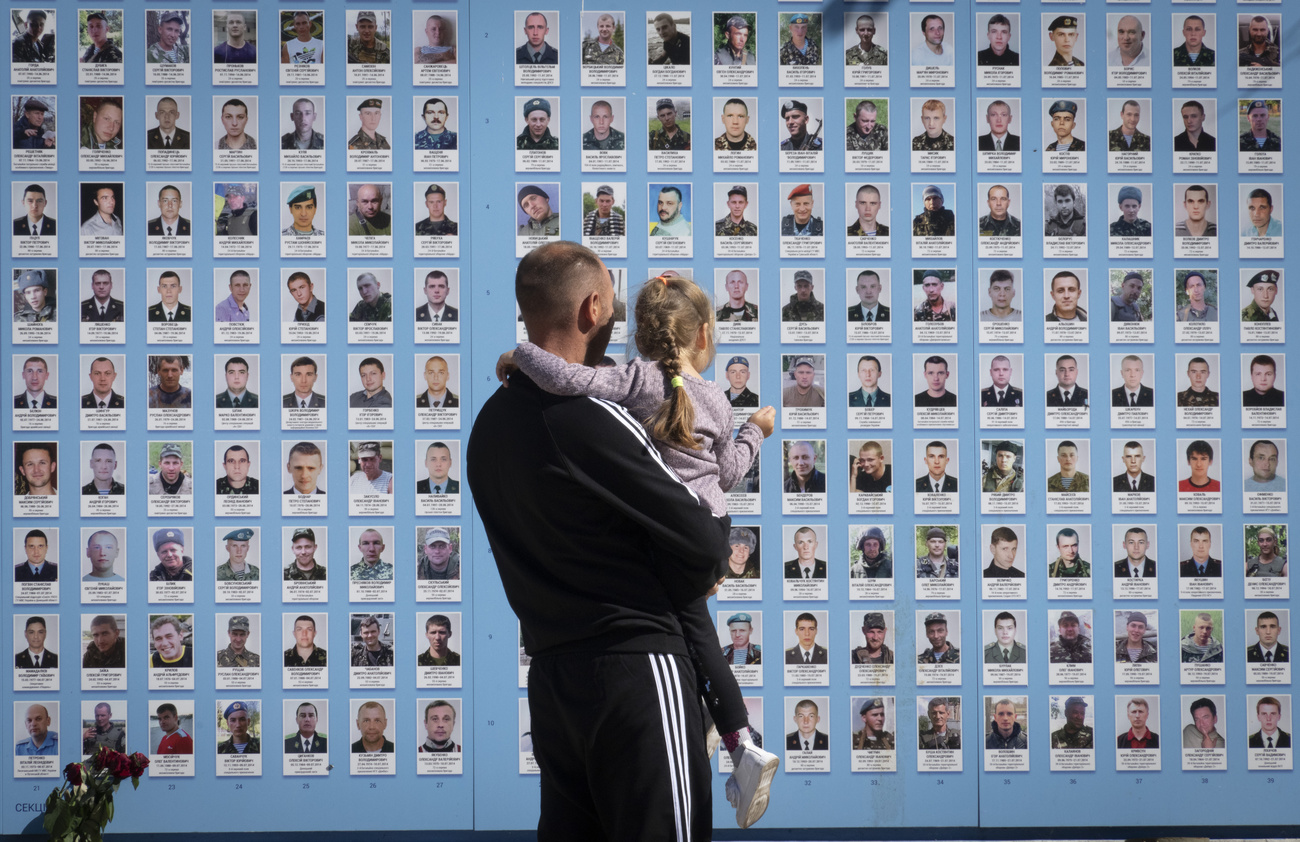
SWI: One of the drafts provides that surrogacy is not permitted for parents from countries where surrogacy is banned. Does this mean that Swiss parents would not be able to receive surrogacy in the future?
K.M: The reason for this is to avoid that when the child goes back to the home country of the parents, it cannot be registered. So, if the draft is passed, Swiss couples living in Switzerland will not be allowed to use surrogacy in Ukraine. But it’s only in one of the drafts.
SWI: When is the law likely to be passed? Is there a specific timeline?
K.M: According to parliament’s calendar, the law on ART should have been adopted by the first half of 2022. However, the war in Ukraine has disrupted the legislative process. I don’t know when this draft will be accepted, probably in 2023 at the earliest.
SWI: The war has really put the spotlight on the fragility of cross-border surrogacy.
K.M: When the war started, a lot of foreign couples wanted their money back for surrogacy processes that had not started yet. But not all surrogacy contracts have the provision when a case like this happens. This can lead to court cases.
Another problem is that many couples wanted to transfer their embryos abroad, for example to Georgia [where surrogacy is also allowed]. But as I told you, the transfer of embryos is not regulated at all.
Surrogate mothers escaping the country can also be an issue. Surrogacy contracts are valid only within Ukraine. If she goes to a country where surrogacy is prohibited, then she will be registered as the mother of the child. The transportation of the child and the safety of the surrogate mother are huge problems for the parents.
SWI: A Swiss researcher said in an interview with SWI swissinfo.ch that surrogate mothers are often exploited. Is this the case?
K.M: I don’t support the opinion that surrogate mothers are exploited. Many of them do it for altruistic reasons, not because they want to make money.
A surrogate mother receives one-third of the sum involved. The sum for surrogacy in Ukraine is around €35,000 (CHF33,000). The mother receives €10,000-14,000.
Most of the money goes to the medical clinic to cover the treatment and tests. Lawyers, who work a lot during the process, also get paid.
Normally, there can be financial provisions in the contract for the rehabilitation for mothers after pregnancy. I am convinced that surrogate mothers receive all the care they need.
Edited by Virginie Mangin

In compliance with the JTI standards
More: SWI swissinfo.ch certified by the Journalism Trust Initiative









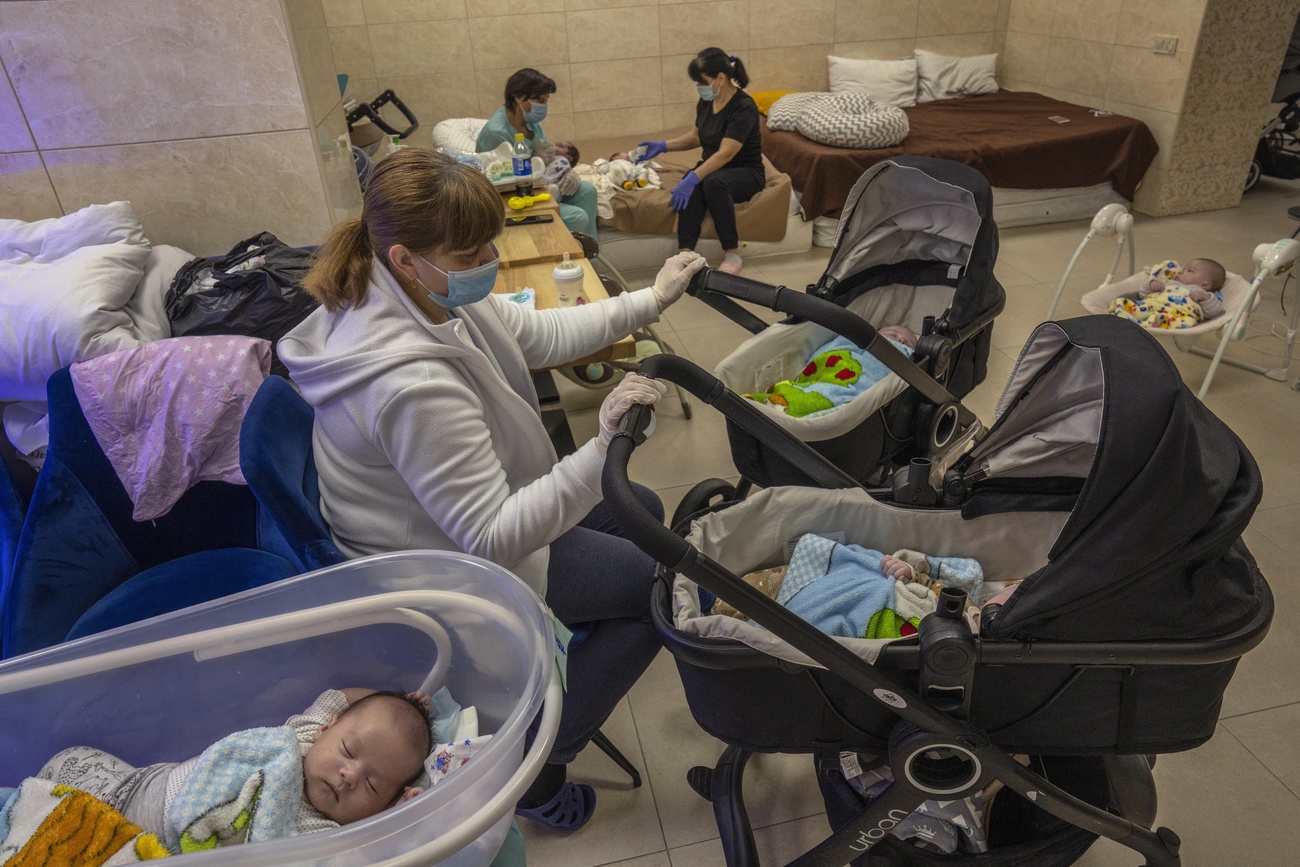
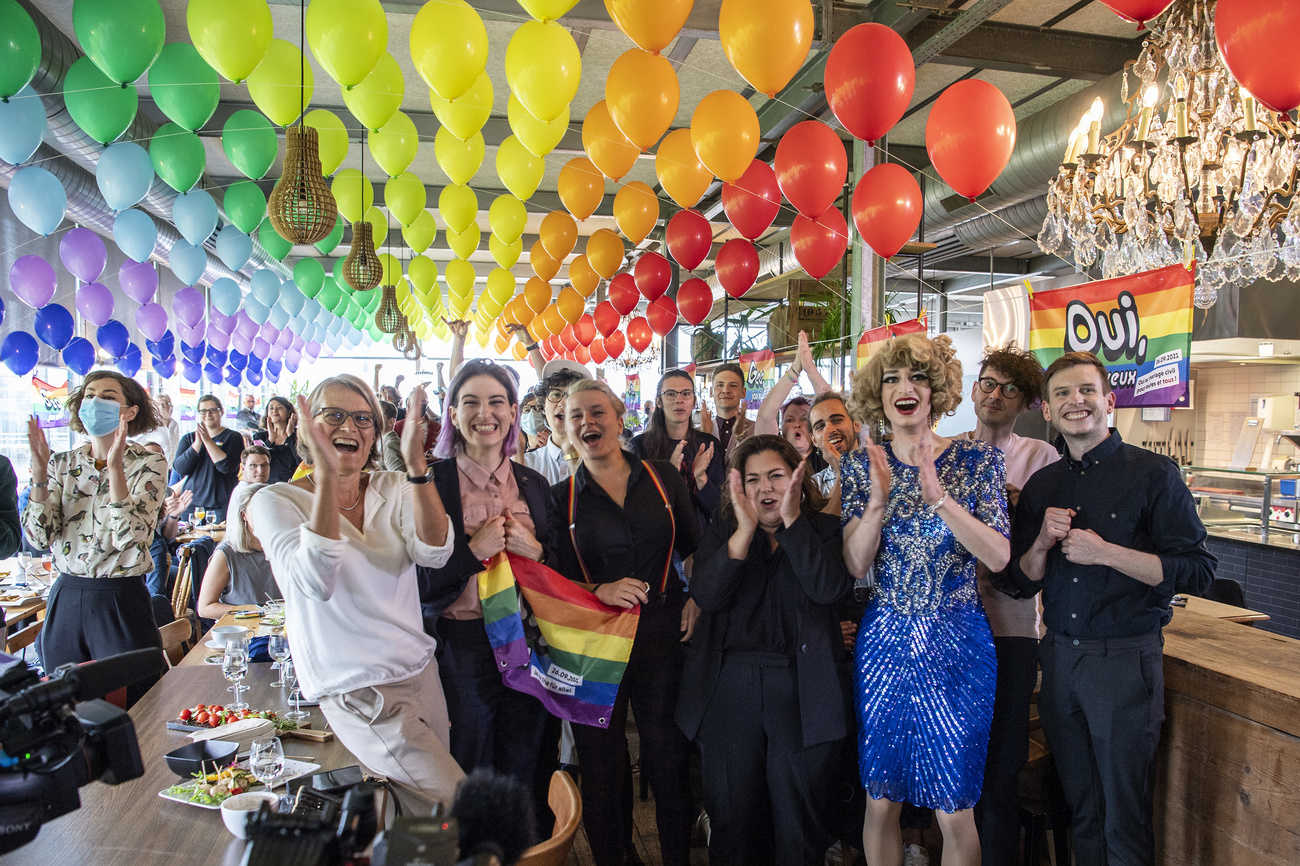
You can find an overview of ongoing debates with our journalists here . Please join us!
If you want to start a conversation about a topic raised in this article or want to report factual errors, email us at english@swissinfo.ch.